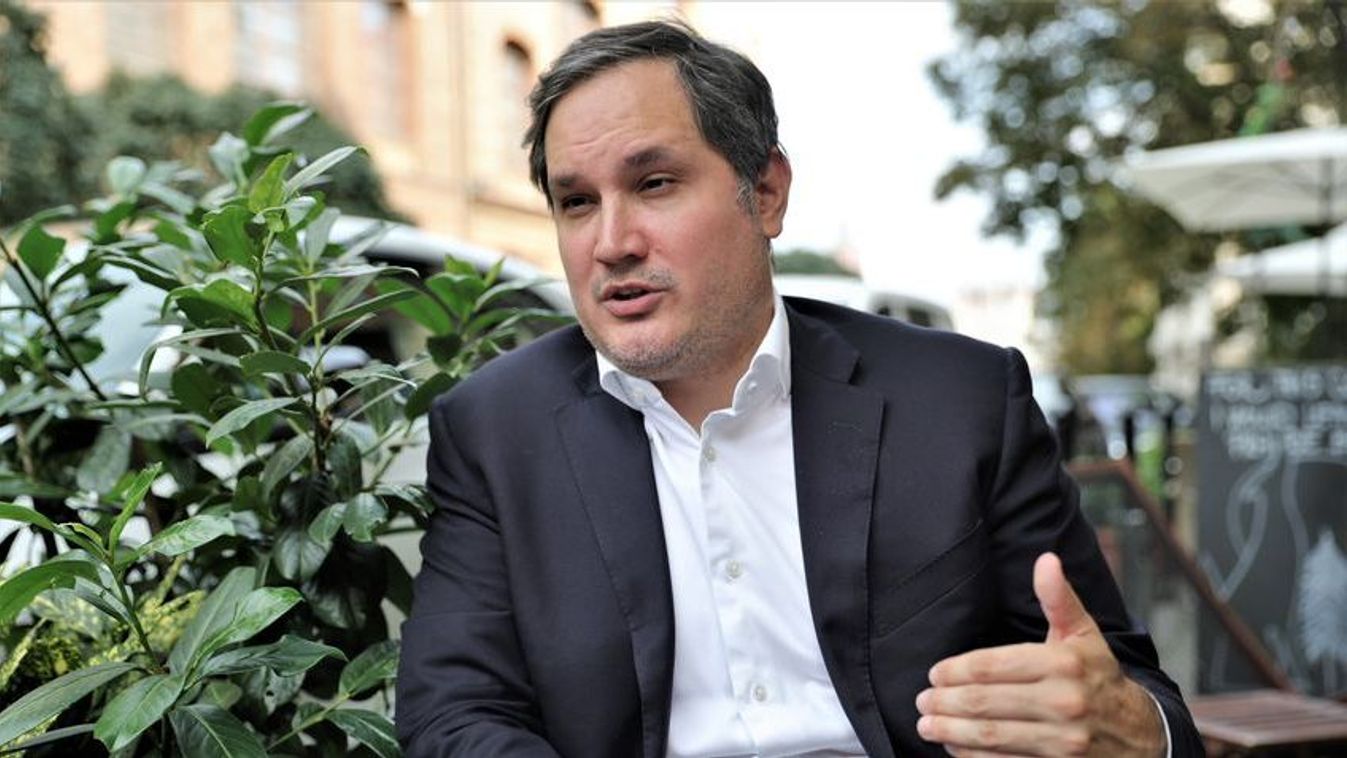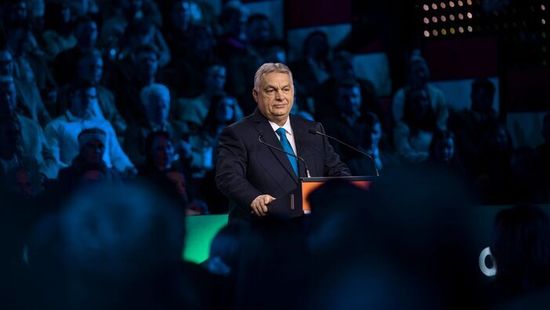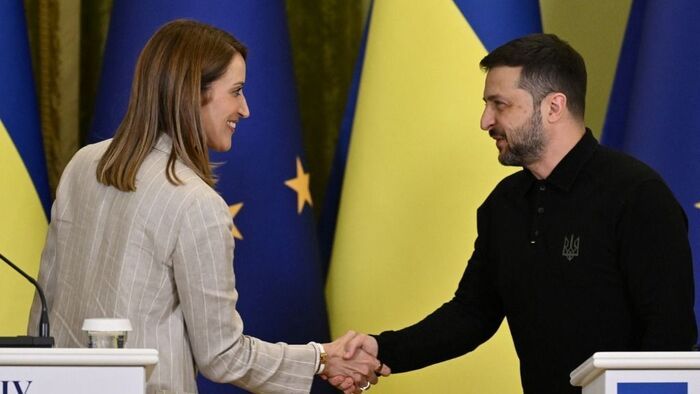“The Hungarian forint has fallen victim to Brussels’ sanctions; these restrictions are causing serious losses for the Hungarian economy,” said Márton Nagy on Monday. The Prime Minister’s chief economic advisor said that the biggest threat to the forint and the Hungarian people would be the extension of sanctions to the energy sector. According to Márton Nagy, this means that those who demand more sanctions would have the cost of this war paid by the Hungarian people. Therefore, any such measures will not be supported by the Hungarian government. Márton Nagy also affirmed that,
The amount of foreign-owned bonds did not decrease, also showing that there is speculation against the forint as investor confidence has not actually faltered.
With regard to the sanctions already imposed due to the Russian-Ukrainian war and those to come, a fragile financial market situation has been caused by the uncertainty they warrant; the government is clearly closely monitoring and coordinating the situation with the Hungarian National Bank and making all necessary preparations. Last week’s interest rate hikes can be attributed to this. Most likely, the government and the National Bank are working on an action plan to protect against any further potential negative effects.
The forint exchange rate does not reflect economic foundations. The West’s sanctions against Russia however circle back and we are currently suffering from this.
Such is the case with the Russian banks banned from SWIFT, the blocked foreign exchange reserves of the Russian central bank, the foreign assets seized from private Russian individuals, and the sanctioning of multiple Russian manufacturers. Aside from this, many companies are leaving Russia, for prestige or not, which significantly alters the international trade and economic environment. All of this of course impacts the region’s financial markets, as seen by the Polish złoty and Czech koruna weakening in line with the forint.
The energy security issue highlighted by Márton Nagy is an economic priority for Hungary. It has been expressed on several occasions that the Hungarian government insists that there must be no sanctions that further endanger the economy and the forint exchange rate. Thus, the government is fighting to prevent an energy crisis from happening. Hungary, along with other European states simply cannot afford the United States’ and the United Kingdom’s proposals; the former declared an effort to become independent of Russian oil and the latter independent of gas. It is no coincidence that the aforementioned announcements were not followed by international proclamations of support as 40 percent of Europe’s gas supply comes from Russian sources. The situation is similar for oil.























Szóljon hozzá!
Jelenleg csak a hozzászólások egy kis részét látja. Hozzászóláshoz és a további kommentek megtekintéséhez lépjen be, vagy regisztráljon!